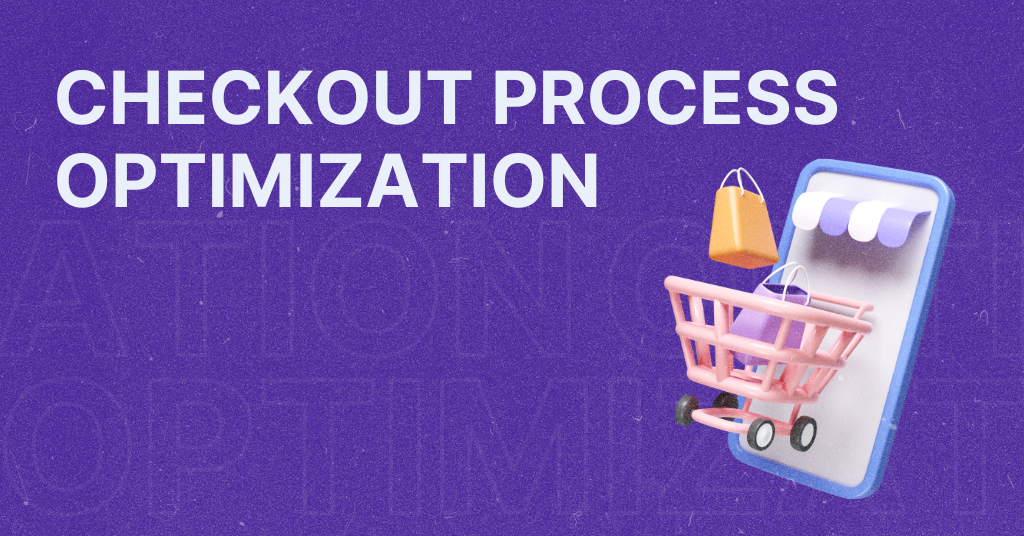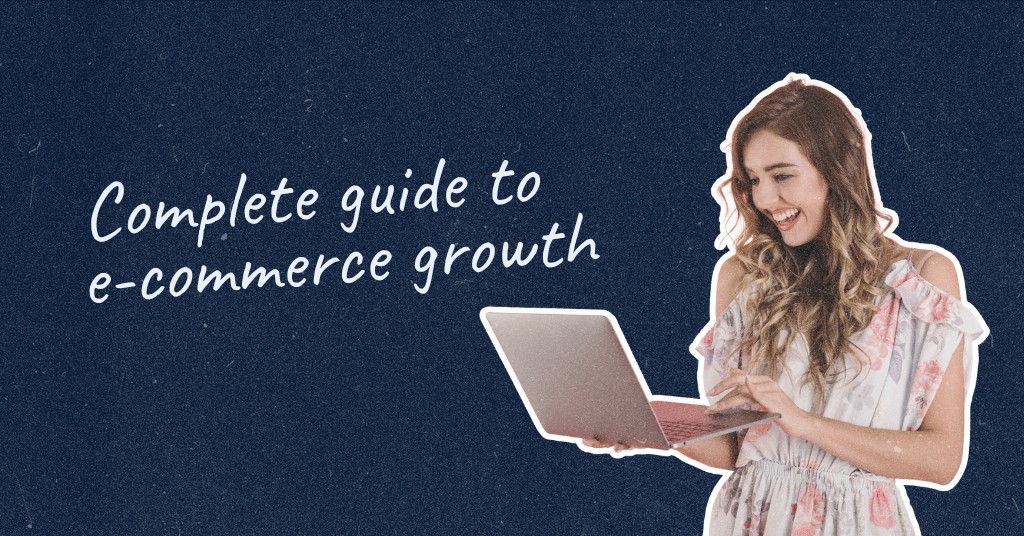
E-commerce Dubai: The role of physical markets in an online world
From bustling bazaars of ancient times to the click-and-collect culture of today, the landscape of shopping has undergone a dramatic transformation. As e-commerce platforms continue to grow, one might wonder: Where do traditional physical markets fit in today’s digital era?
What do physical markets mean for small businesses?
Small businesses face the constant challenge of gaining visibility and attracting new customers. Being overshadowed by larger brands makes it even more crucial for these smaller entities to find effective ways to stand out. Local markets present a practical solution to this challenge.
Small businesses can showcase their products directly to consumers by participating in these markets, get immediate feedback, and establish direct relationships. This face-to-face interaction can lead to increased brand recognition and customer loyalty. Local markets offer small e-commerce businesses a tangible platform to complement their online efforts, helping them grow in a crowded market.
Advantages of physical markets in the digital era
In a world dominated by e-commerce giants, it’s easy to overlook the significance of traditional physical markets. However, these age-old trading venues remain irreplaceable for several reasons:
Tangibility
The rise of online shopping might provide the ease of clicking and buying, but it can’t replicate the tactile experience of touching, feeling, or even smelling a product. In physical markets, customers can try on clothes, gauge fabric quality, or smell organic produce’s freshness. This hands-on experience allows for informed decisions and reduces the chances of post-purchase regret.
Human interaction
While online chatbots for e-commerce and recommendation algorithms try to simulate human interactions, they fall short of genuine face-to-face engagement. At physical markets, customers can interact directly with sellers, gaining insights into product origins, usage tips, or even stories behind handcrafted items. Furthermore, the real-time back-and-forth between buyer and seller offers opportunities for bargaining, allowing for deals tailored to individual needs.
Local impact
Shopping at a physical market often has a ripple effect on the local economy. Every purchase typically supports local artisans, farmers, and small business owners. This direct patronage fosters community growth and ensures that money spent remains within the local ecosystem, promoting sustainability and self-reliance.
Immediate gratification
Waiting days for a package to arrive can feel tedious. Physical markets eliminate this wait time. Customers can pick up, pay, and walk away with their chosen items within minutes. There’s no concern about shipping delays, lost packages, or the potential hassles of returns.
Unique finds
E-commerce platforms boast of wide product ranges but often cater to mainstream tastes. In contrast, physical markets are full of unique, rare, and often handcrafted items. From bespoke jewelry designs to artisanal cheeses, the variety in these markets caters to niche tastes and ensures that customers walk away with something truly distinctive.
The Mint Market
In the heart of Dubai lies the Mint Market, a unique haven for small brands. The Mint Market emerged in the UAE as a platform supporting local brands. Born from a desire to offer local artisans and fight against e-commerce giants, the Mint Market emphasizes exclusivity and community. Careful curation ensures that vendors present limited edition, distinctive products, catering to an audience eager for uniqueness. They offer products from over 300 brands, ranging from fashion to pet essentials.
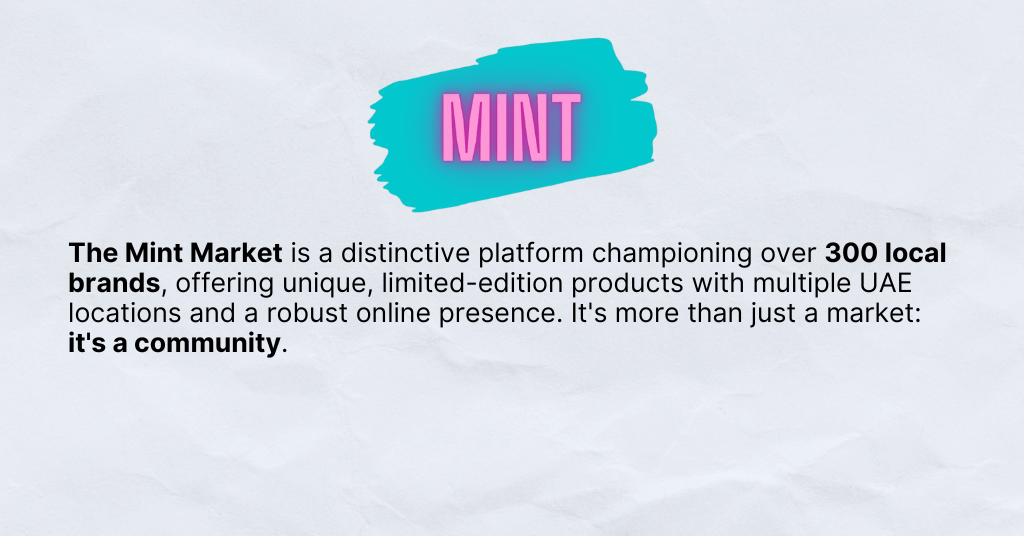
Beyond the support Sally, the Founder of Mint Market, gives to the local brands, the Mint Market gives them a sense of belonging. After showcasing at Mint Market, stories of brands skyrocketing to fame highlight its role in the e-commerce Dubai world. It’s not just a market; it’s a community where local e-commerce brands find their voice, grow, and thrive in a world dominated by digital giants.
Visitors can experience Mint Market at several UAE locations: Sanderson’s Cafe in both Dubai and Abu Dhabi, The Garden Concept in Dubai, Reform Social & Grill in Dubai, Phileas Foggs in Dubai, and the upcoming monthly pop-ups at Al Habtoor Polo Resort. For the latest on the Mint Market, follow them on Instagram or check their website.
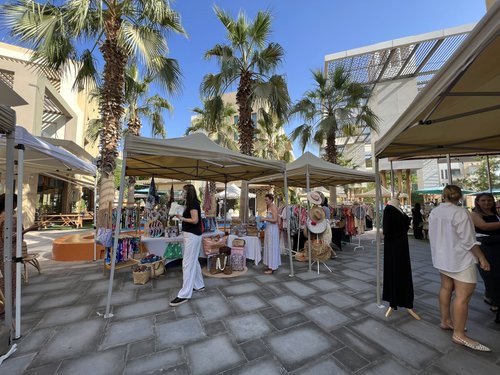
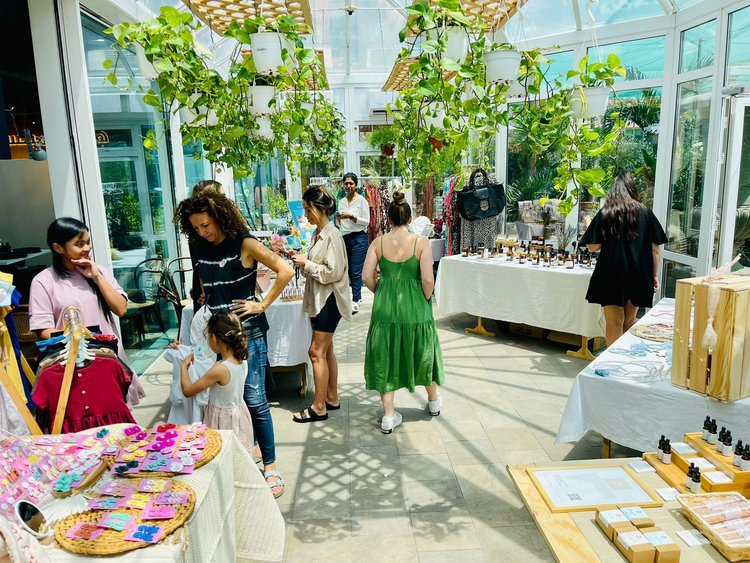
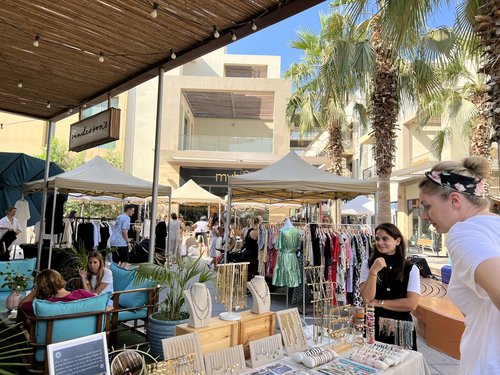
Blending the physical and the digital
Forward-thinking markets are embracing an omnichannel strategy, merging the physical and digital worlds. This approach encompasses the introduction of digital payment options, the facility for online stall reservations, and a robust presence on social media platforms. By combining in-person shopping with the streamlined ease of online exploration, these markets offer consumers an enriched, multifaceted shopping experience that seamlessly integrates the best of both worlds.
Conclusion
It’s essential to remember that physical markets aren’t events of the past. They offer tangible experiences, personal connections, and immediate access, traits that the online world can’t wholly replicate. But, their coexistence with e-commerce platforms is the best combination; it’s a testament to the diverse shopping preferences of consumers.
Let’s book a 30-min mobile strategy session and give your shop a boost.
Let’s book a 30-min mobile strategy session and give your shop a boost.
